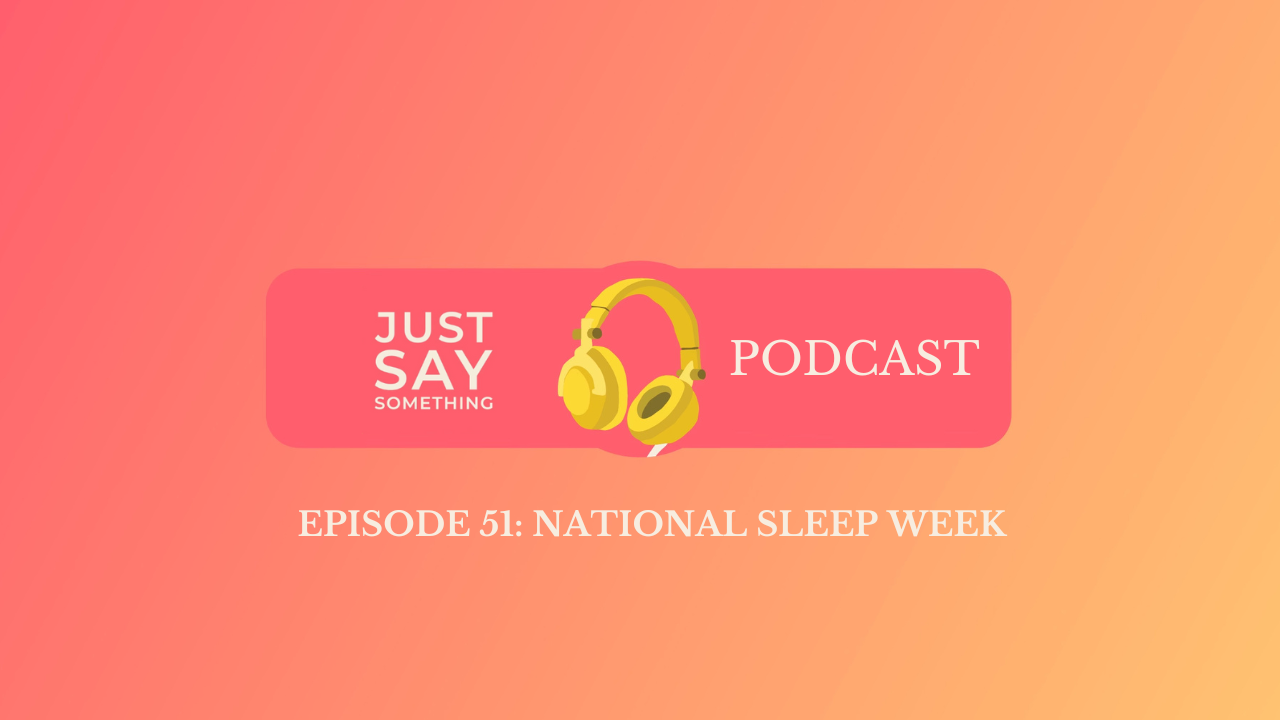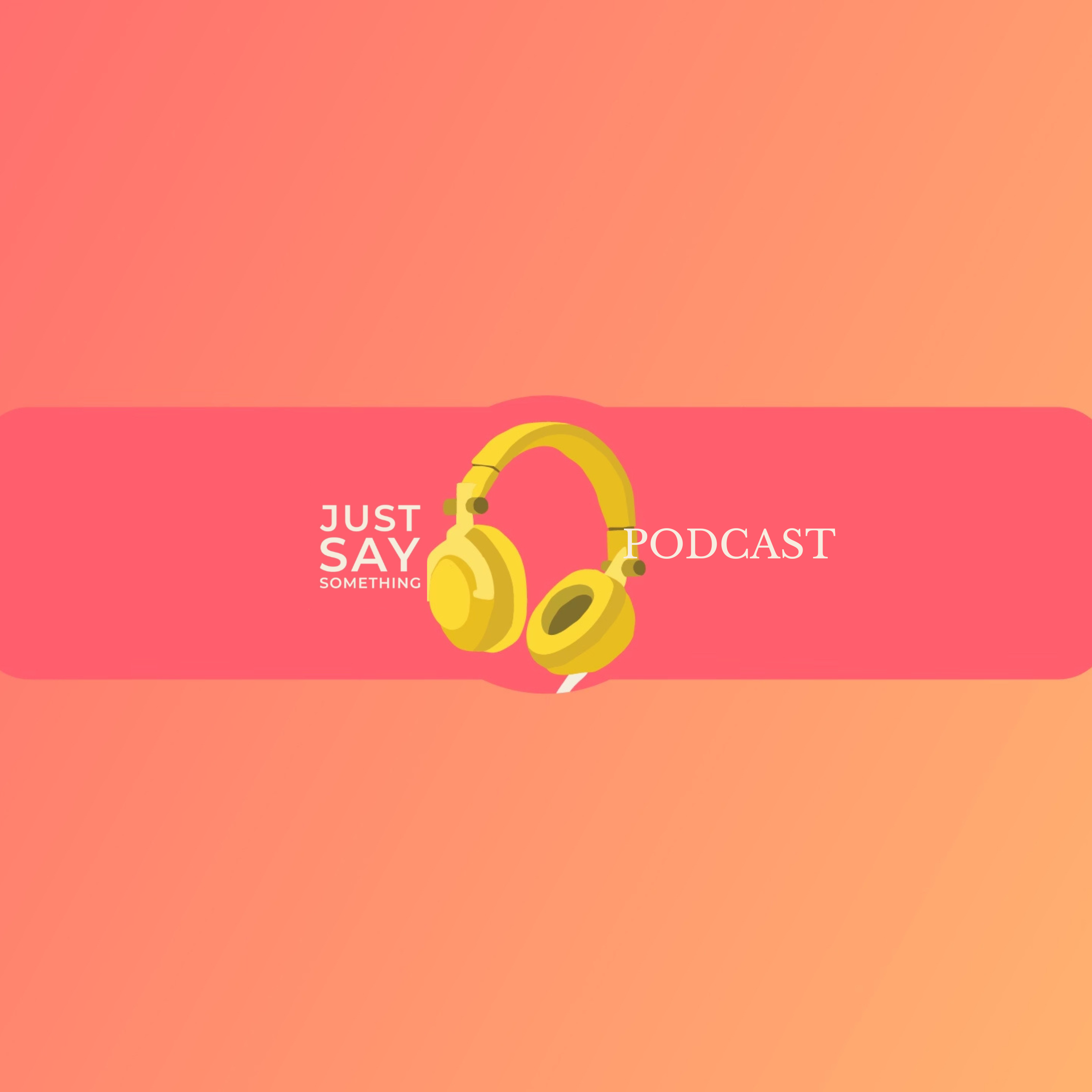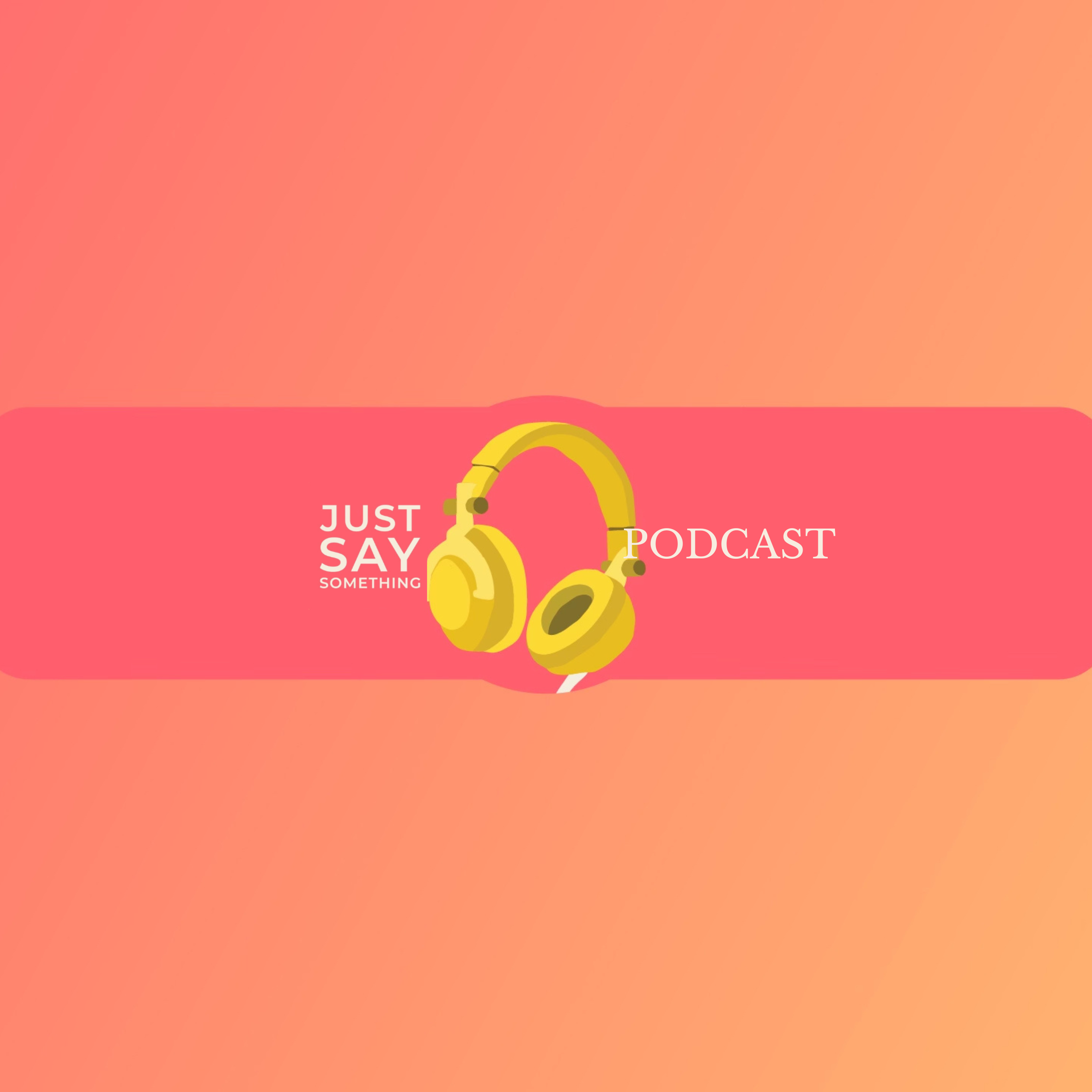Episode Transcript
[00:00:00] Foreign welcome to Just say Something Podcast. I'm your host Philip Clark.
[00:00:13] Today we're focusing on an important national health observance that's coming up soon.
[00:00:19] National Prevention Week, hosted by the Substance Abuse and Mental health Services Administration, aka SAMHSA, will be observed from May 11th through the 17th this year.
[00:00:36] Before we get started, as I always do, please subscribe, follow, comment, like and share this podcast.
[00:00:49] It will ensure you keep getting notified of our episodes and that others can always find us.
[00:01:00] So back to our observance for National Prevention Week.
[00:01:10] This annual observance is dedicated to increasing public awareness about substance use prevention and promoting positive mental health.
[00:01:21] It's a time when communities across the country can come together to highlight the critical importance of prevention in building healthier lives and communities.
[00:01:35] National Prevention Week serves as a public education platform that showcases the incredible work of communities and organizations across the country that are preventing substance use and promoting positive mental health.
[00:01:51] It's not just a week of awareness, it's a celebration of the prevention work happening year round in our neighborhoods, schools and community centers.
[00:02:04] So you may ask, but if you don't, you should so why does prevention matter?
[00:02:11] The statistics tell us why prevention matters. Nearly 40 million Americans age 12 or older struggle with substance use disorder.
[00:02:24] Mental health challenges affect one in five adults each year and sadly, drug overdose deaths have reached record levels in recent years.
[00:02:36] But here's the good news. Prevention does work.
[00:02:40] Research consistently shows that evidence based prevention programs can reduce substance use, improve mental health outcomes and save lives.
[00:02:52] For every dollar invested in prevention, we can save multiple dollars in treatment costs down the road.
[00:03:00] Prevention is truly an investment in our collective future.
[00:03:06] National Prevention Week is in May for a couple of important reasons. First, it's near the end of the school year when many of our young people face choices about whether to engage in risky behaviors.
[00:03:21] Second, it serves as a kickoff to the summer, a season that can bring increased risk, especially for youth who have more free time and potentially less supervision.
[00:03:36] The goals of National Prevention Week are multi layered to involve communities in raising awareness of substance misuse and mental health issues, to implement prevention strategies, to showcase the effectiveness of evidence based prevention programs and to foster partnerships with federal agencies and national organizations and then to promote quality prevention resources.
[00:04:06] During National Prevention Week, communities around the country will host various activities and events. These range from health fairs, educational workshops, to community service projects and media campaigns.
[00:04:22] Schools might organize prevention theme assemblies, while health care providers might offer free screenings or information sessions.
[00:04:33] I want to take a moment to highlight some of the remarkable prevention resources SAMHSA offers throughout the year the Talk they hear your campaign aims to reduce underage drinking and substance use among youth under 21 by providing parents and caregivers with resources to discuss substance use with their children.
[00:04:59] These conversations might feel awkward, but they're incredibly powerful prevention tools.
[00:05:08] That's one of the reasons that here at Just say Something we work with families to have some of those difficult conversations with our seven steps, and so I'll get into those toward the end of this particular podcast.
[00:05:25] SAMHSA also offers the Strategic Prevention Framework, which is a five step planning process that guides communities in developing effective prevention strategies.
[00:05:38] This resource helps communities assess their specific needs, build capacity, develop strategic plans, implement evidence based programs, and evaluate their effectiveness.
[00:05:52] AKA that's what we do here. Just say something with our community partners.
[00:05:58] If you or someone you know is struggling with substance use or mental health challenges, there are resources available. Right now, SAMHSA has their national hotline at 1-800-662-HELP, which is 4357 free confidential 24, 7, 365 treatment, referral and information services available in English and Spanish for individuals and families facing mental health or substance use disorder. There's also 988 suicide and crisis line. By calling or texting 988, you can connect with trained counselors right here from our community who provide support during suicidal or emotional crisis.
[00:06:55] Remember, reaching out for help is a sign of strength, not weakness.
[00:07:01] For those looking to find treatment services in our area, findtreatment.gov is an invaluable resource.
[00:07:11] This website helps individuals find substance use treatment options, learn what types of treatment payment options, and locate treatment facilities near you or us.
[00:07:27] Our Power Collective initiative focuses on education and prevention.
[00:07:32] We are starting our third year of this initiative soon and part of this program is giving locking prescription bottles to organizations and individuals to lock up pills.
[00:07:47] Stopping pilfering is a major way to prevent usage.
[00:07:55] Now let's talk about how you can get involved in national prevention week this May 1st. You can plan to attend a prevention event in your community.
[00:08:08] This could be anything from a community forum to a health fair or even a simple social media campaign.
[00:08:16] You can educate yourself and others about substance use prevention and mental health promotion.
[00:08:23] SAMHSA offers numerous free resources including toolkits, fact sheets and planning guides on their website.
[00:08:34] You can also advocate for prevention programs in your community.
[00:08:39] This might mean speaking at a school board meeting, contacting your elected officials, or supporting local organizations that focus on prevention.
[00:08:51] Finally, you can incorporate prevention strategies into your daily life.
[00:08:56] This includes having open conversations with your children about substance use, modeling healthy behaviors, and supporting friends and family members who are making positive changes.
[00:09:12] National Prevention Week 2025 is taking place from May 11th to 17th, and it's an opportunity for all of us to contribute to building healthier communities.
[00:09:25] Whether you're a parent, educator, health care provider, community leader, or concerned citizen, you have a role to play in prevention efforts.
[00:09:39] Prevention isn't just about avoiding problems. It's about actively building the conditions that allow individuals and communities to thrive.
[00:09:51] It's about creating environments where healthy choices are easy choices. And it's about recognizing that each of us has the power to make a difference.
[00:10:05] So before I close, the seven steps that we help teach parents or caregivers to go through to have some of those conversations is 1.
[00:10:18] Take a deep breath.
[00:10:20] 2.
[00:10:22] Just start talking.
[00:10:24] 3.
[00:10:26] Try not to be perfect. None of us are.
[00:10:29] Just start Talking from the heart.
[00:10:32] 4.
[00:10:34] Stop, listen and inquire.
[00:10:40] 5. Validate the other point of view.
[00:10:45] 6.
[00:10:46] Give a long hug.
[00:10:49] And the last number 7.
[00:10:51] Smile.
[00:10:52] If they see a smiling face, chances are you'll get a smile back.
[00:10:58] So that concludes our episode on National Prevention Week 2025.
[00:11:04] I hope you'll join me in observing this important week and in making prevention a priority year round.
[00:11:11] Remember, prevention works, prevention is cost effective, and prevention saves lives.
[00:11:19] To keep up with our events, check out our social media or make sure you get receive our weekly newsletter that includes our podcast.
[00:11:31] So until next time, I'm Philip Clark. Thank you for listening at the Just say Something podcast and we'll see you next week. SA.


